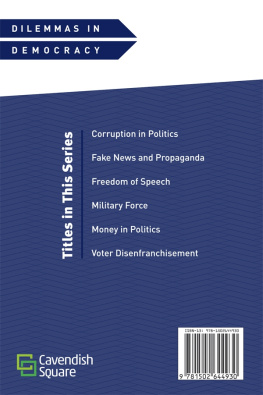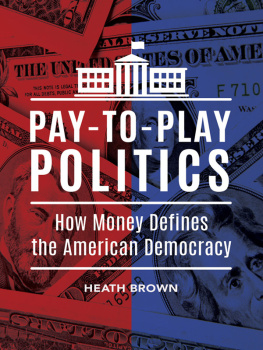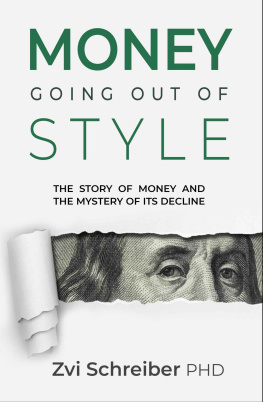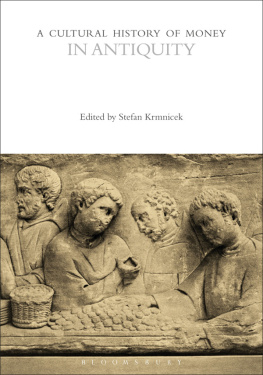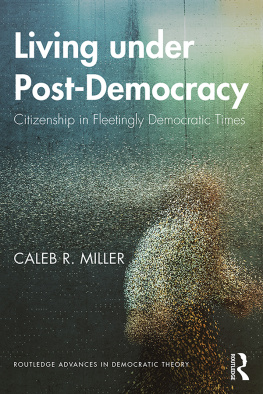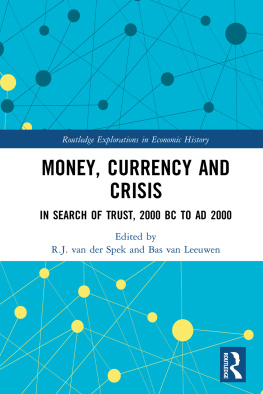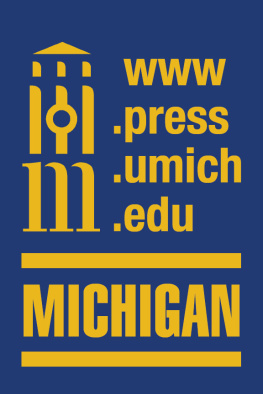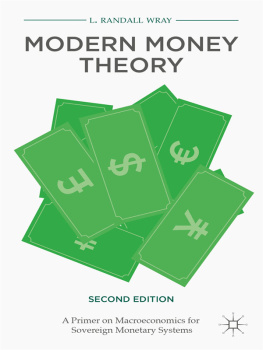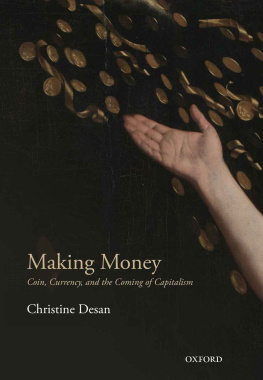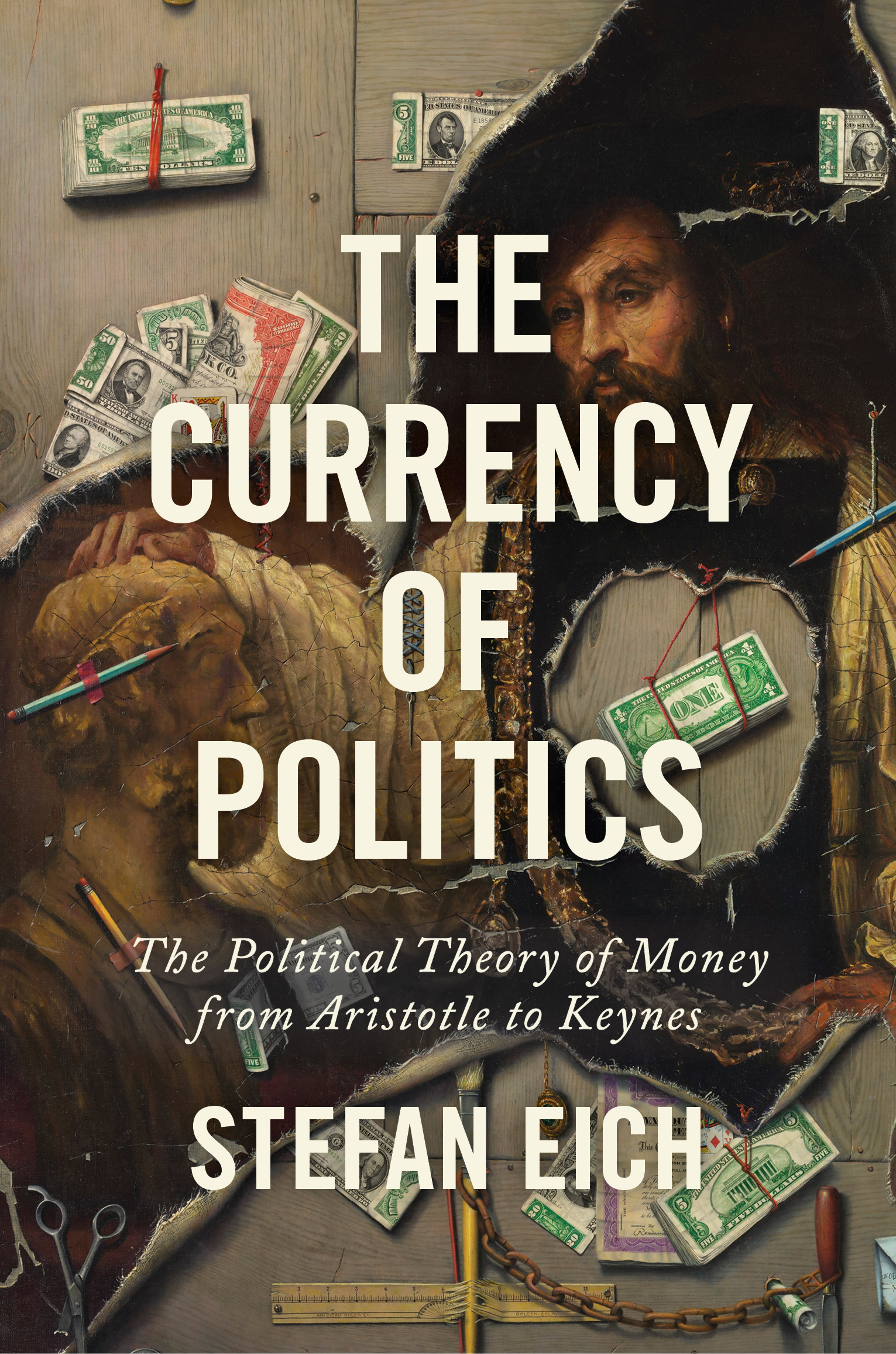THE CURRENCY OF POLITICS
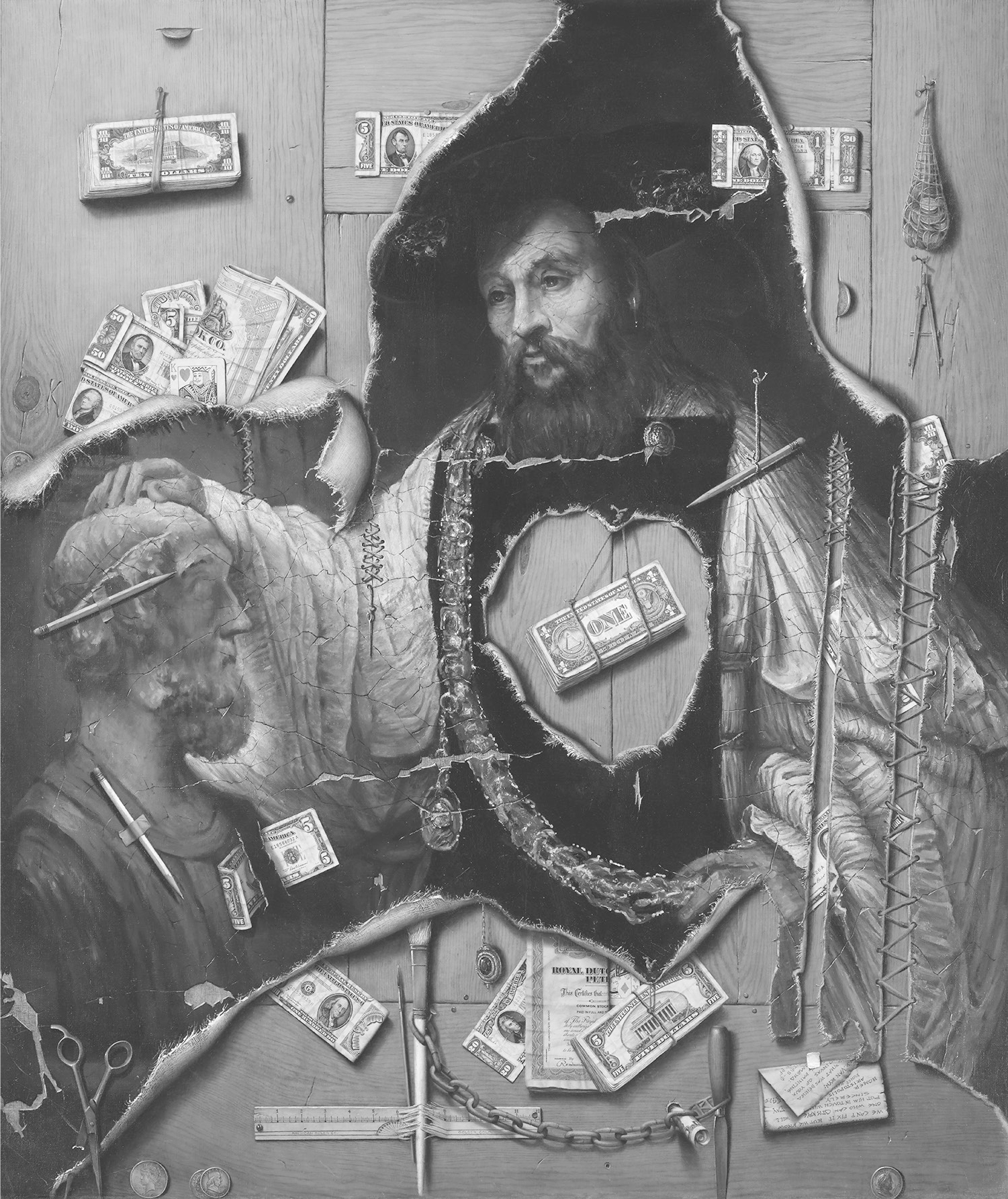
The Currency of Politics
THE POLITICAL THEORY OF MONEY FROM ARISTOTLE TO KEYNES

Stefan Eich
PRINCETON UNIVERSITY PRESS
PRINCETON & OXFORD
Copyright 2022 by Princeton University Press
Princeton University Press is committed to the protection of copyright and the intellectual property our authors entrust to us. Copyright promotes the progress and integrity of knowledge. Thank you for supporting free speech and the global exchange of ideas by purchasing an authorized edition of this book. If you wish to reproduce or distribute any part of it in any form, please obtain permission.
Requests for permission to reproduce material from this work should be sent to
Published by Princeton University Press
41 William Street, Princeton, New Jersey 08540
99 Banbury Road, Oxford OX2 6JX
press.princeton.edu
All Rights Reserved
ISBN 9780691191072
ISBN (e-book) 9780691235448
Version 1.0
British Library Cataloging-in-Publication Data is available
Editorial: Rob Tempio, Matt Rohal, and Chloe Coy
Production Editorial: Mark Bellis
Jacket Design: Lauren Smith and Maria Lindenfeldar
Production: Erin Suydam
Publicity: Kate Hensley and Charlotte Coyne
Copyeditor: P. David Hornik
Jacket and frontispiece image: Kaye, Otis (18851974) copyright. Heart of the Matter, 1963. Oil on canvas, 127 108 cm (50 42 1/2 in). Anonymous gift, 2015.419. The Art Institute of Chicago, Chicago, U.S.A. Photo credit: The Art Institute of Chicago / Art Resource, NY
For Priya
Money is the necessity that frees us from necessity.
W. H. AUDEN, A POET OF THE ACTUAL, FOREWORDS AND AFTERWORDS (1973)
CONTENTS
- xi
- xiii
- 309
ILLUSTRATIONS
PREFACE
Money is, above all, a subtle device for linking the present to the future.
JOHN MAYNARD KEYNES
IT WAS JANUARY 1924 and John Maynard Keynes found himself turning to the ancient past. Over the previous year, while watching with horror as Weimar Germany descended into hyperinflation, Keynes had published his seminal Tract on Monetary Reform that would eventually come to define a new age of central banking.
Keynes was far from the first to be sent back in time by a modern monetary impasse. He joined, for one, Karl Marx, who opened his Capital with a reading of Aristotle on exchange and money. Indeed, as I wrote this book, I was struck by the ways in which monetary crises tended to open up historical wormholes. Over and over again I witnessed philosophers, historians, and economists returning to previous monetary disruptions in the hope of stabilizing their own present and taking stock of the conceptual resources at their disposal. The traces these time travelers left behind can often be found by following their footnotes. It was in this spirit that this book originally began by tracing Marxs notes in Capital to Aristotle and Locke, but also to long-forgotten monetary cranks and pamphleteers. A similar pattern emerged as I turned to other thinkers who all grappled with historical crises during their own moments of disorientation. The history of political thinking about money, I came to realize, accumulated in layers of crises.
Tracing these sedimented layers, I have conducted a kind of geological stratigraphy of the political theory of money. This book is structured as a study of six historical layers of monetary crisis and their imprint on the history of political thought. Each moment ties a monetary theorist to a particular impasse while setting the stage for future episodes of contestation. Instead of forming independent readings of canonical thinkers or disconnected case studies of monetary crises, these texts and moments are intimately linked not just through lineages of contested reception but also through the repeated revisiting of prior moments of crisis. Rather than telling a single continuous history of money, my stratigraphy of money reveals a layered system of metamorphic rock in which the pressure of later layers easily affects what we can discern in earlier ones.
Money has an intimate relationship to time. It is, as Keynes observed, a device for linking the present to the future. Already Aristotle had introduced currency as a social solution to a temporal problem. The advent of modern public credit further accentuated this temporal quality of money. By establishing a network of claims that link the present to the future, a future that can be permanently deferred, public credit changed both the nature of the state and the relation of citizens to it.
Understanding the ground on which we stand at the same time helps us to confront the present. Grappling with past crises by restaging their debates helped previous theorists to escape the misleading certainties of their own time and we repeat that move today, each act of escape conditioning the next. This book tells thus an episodic story that peels away some of the crushed layers that have come to define what we seeand dont seewhen we look at money today. The texts I examine and the stories I tell here demonstrate a historical method by which political theorists neglect of money can be overcome by broadening what we mean by the history of political thought and by rethinking the notion of tradition as itself formed in moments of crisis. I am at the same time myself writing from within our own ongoing moment of monetary interregnum. Not coincidentally, I started this project struggling to think through the political questions posed by the financial crisis of 2008. I wrote then about ancient Greek money during the sovereign-debt crisis of the eurozone, and I have finished the book engulfed by the extraordinary monetary measures taken during the COVID-19 pandemic.
Reading my way into past crises and the political thought of those layers gradually came to provide me with a sense of orientation. Let me highlight here one conceptual point in particular that came to guide me throughout this book. The intellectual and political struggles recounted in the subsequent chapters encourage us to move beyond narrow debates over the depoliticization versus repoliticization of money or central banking. Instead, by providing a multidimensional map of the political theory of money I will defend two fundamental claims. First, attempts to depoliticize money rely on a performative contradictiona magicians sleight of handinsofar as they disavow that such calls are themselves political moves within the politics of money. Much of what passes as depoliticization would be more accurately described as the de-democratization of monetary politics, which itself ought to be subjected to democratic scrutiny. I hope that this study encourages those who are either skeptical or fearful of what they take to be a politicization of money and monetary policy to appreciate that their own position is itself a move on the chessboard of the politics of money. Even where it announces itself in an antipolitics, money is always already political. Hence my recurring reference to the politics of monetary depoliticization. This does not disqualify calls for the depoliticization of money, but the underlying values and goals have to be articulated and defended in the language of politics. Monetary depoliticization does not void the right to justification.


